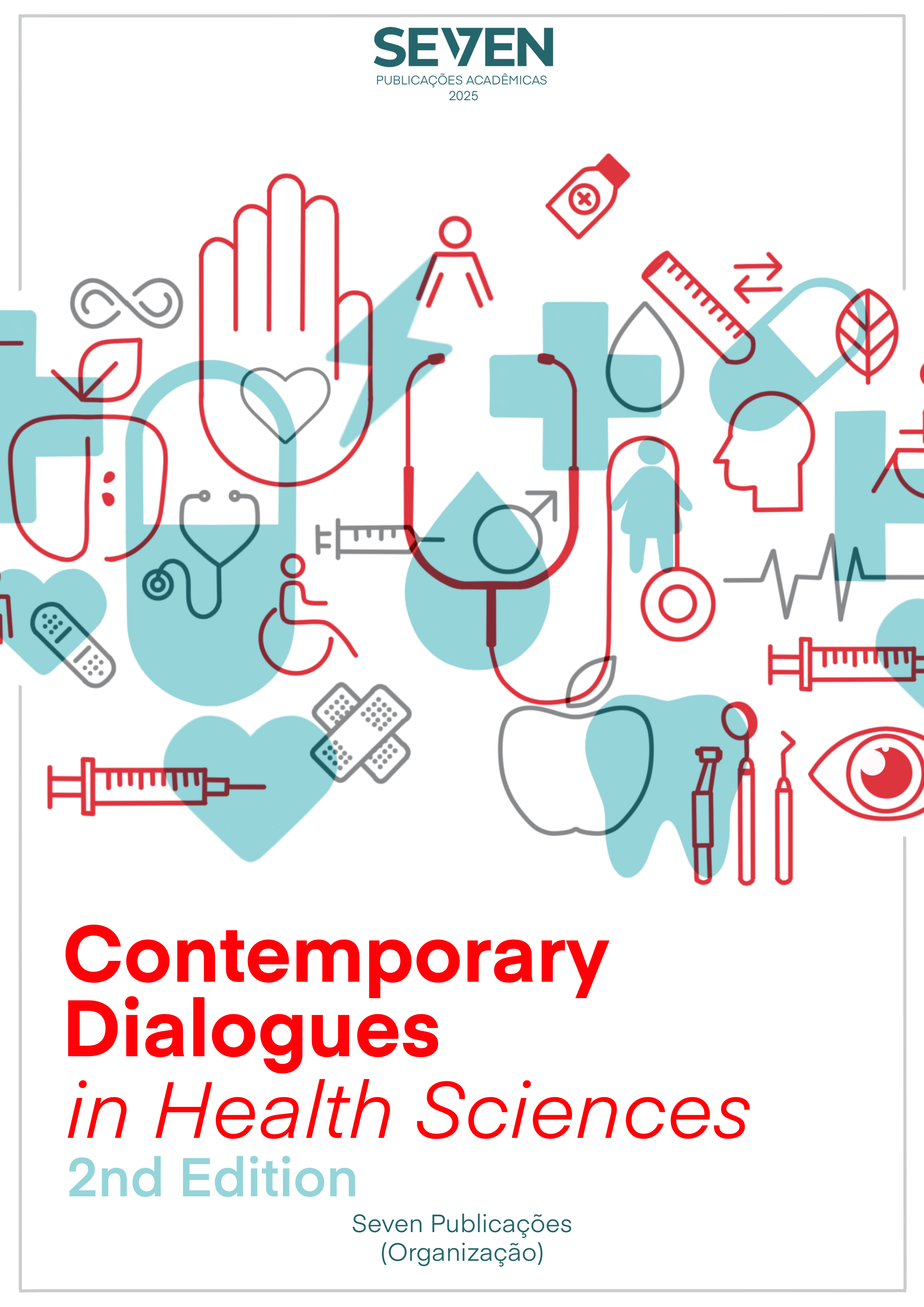COGNITIVE DOPING IN MEDICAL STUDENTS: IMPACTS ON CONCENTRATION AND ACADEMIC PERFORMANCE
Keywords:
Central Nervous System Stimulants, Methylphenidate, Substance-Related DisordersAbstract
Introduction: The use of psychoactive stimulants by medical students has become a growing concern due to increasing academic pressures and the pursuit of enhanced cognitive performance. While studies show varying prevalence rates and potential health risks, there remains a lack of comprehensive analyses of their actual impact.
Aim: This study aimed to evaluate the effects of cognitive doping on academic performance and mental health among medical students.
Methods: We conducted an integrative review of 16 scientific articles (2015-2025) examining usage patterns, motivations, and consequences of stimulant consumption among medical students across different countries.
Results: Prevalence rates ranged from 2.9% (non-prescribed methylphenidate) to 57.4% (including caffeine and energy drinks). The main motivations for use were improved concentration, reduced need for sleep, and academic pressure. However, the analysis revealed no consistent academic improvement, with users actually showing lower average grades (7.92) compared to non-users (8.80). Significant adverse effects included tachycardia, insomnia, worsening of anxiety/depression symptoms, and frequent concurrent use with alcohol.
Conclusion: The findings indicate that psychoactive stimulant use does not reliably enhance academic performance while posing substantial health risks. The study highlights the urgent need for alternative approaches including sleep management programs, psychological support services, and curriculum reforms to reduce dependence on these substances among medical students.
Downloads
Published
Issue
Section
License

This work is licensed under a Creative Commons Attribution-NonCommercial 4.0 International License.





